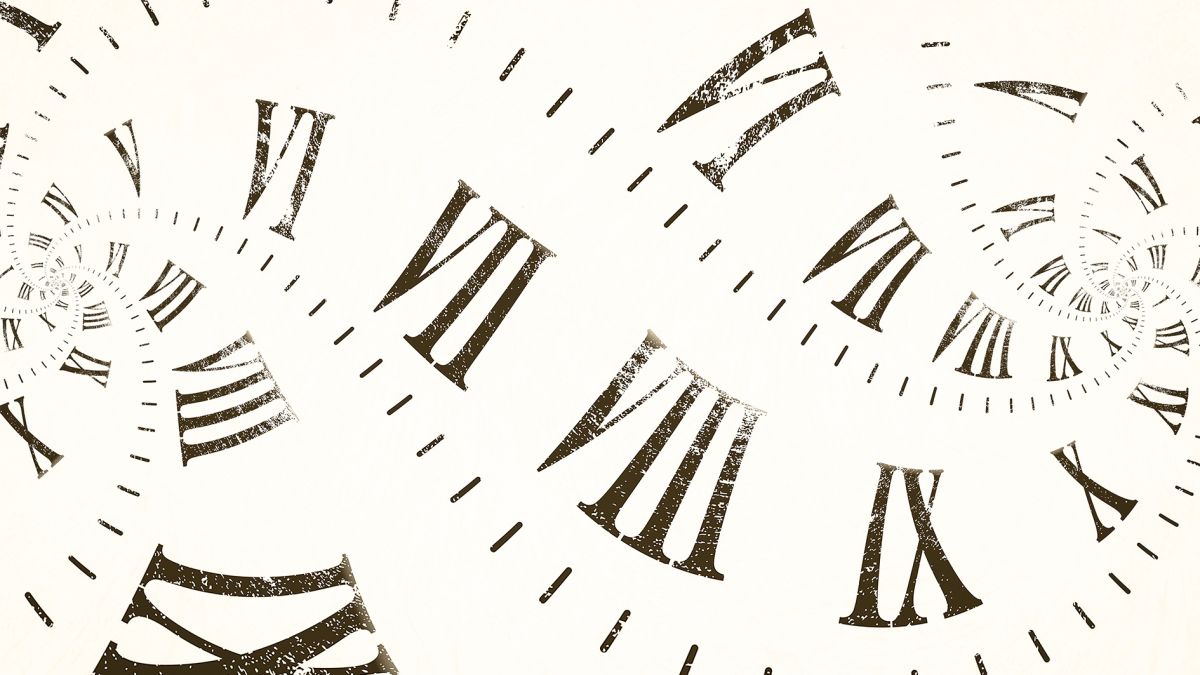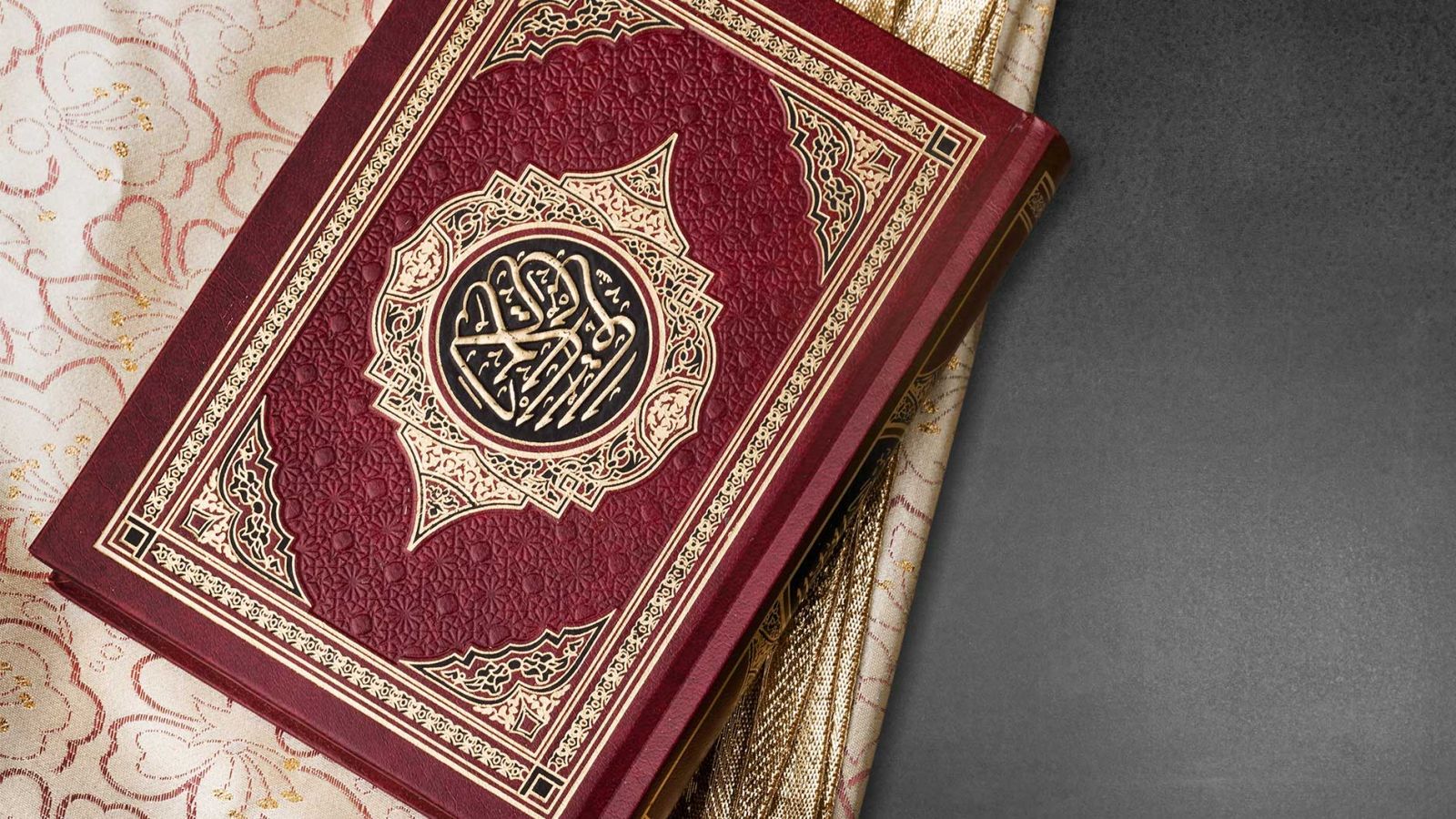The Sign of the Times
Shaykh ʿAbdullāh ibn Ṣāliḥ al-ʿUbaylān


So what is the correct manhaj (methodology) which is obligatory to traverse, if we desire good for ourselves and for the Ummah of Muḥammad ﷺ ? Is it concentrating upon siyaasah (politics)? Ibn Masʿūd has explained that this is not what brought goodness to the Ummah
Imām al-Bukhārī (d.256H) – raḥimahullāh – said:
“Chapter: There will not come a time, except that after it will be more evil than it.”2
[He then said with his isnād]: From Zubayr Ibn ‘Adee, who said: We came to Anas Ibn Mālik and complained to him about (the oppression of) al-Ḥajjaaj. So he said: “Be patient! For indeed there will not come upon you a time, except that after it will be more evil than it, until you meet your Lord. I heard this from your Prophet ﷺ 3.
This ḥadīth contains many points of benefit:
Note that he said: “There will not come a time, except that after it will be more evil than it.” However, an objection may be raised that: ‘ʿUmar Ibn ʿAbd al-ʿAzīz (d.101H) came after al-Ḥajjaaj, and a great deal of good occurred to the Muslims with ‘ʿUmar, as well as removal of the oppression that was occurring. Thus, does this not contraḍīct the ḥadīth? Or is there an explanation for what occurred during the era of ‘ʿUmar Ibn ʿAbd al-ʿAzīz?
There are many groups of Muslims who see that it is not possible to rectify the state of affairs of the Muslim Ummah, except by way of the rulers. However, from the apparent meaning of the ḥadīth of Anas, the era of ‘ʿUmar Ibn ʿAbd al-ʿAzīz was more evil than the era of al-Ḥajjaaj, since the wording is: “There will not come a time, except that after it will be more evil than it.” So what is the reply to this? And how does one refute the saying that it is not possible to achieve goodness for the Ummah, nor to rectify the current state of affairs of the Ummah, except by way of the rulers.
Al-Ḥāfiẓ Ibn Hajr (d.851H) – raḥimahullāh – said:
“Indeed many have been confused by this general statement, since some ages have not been [apparently] been more evil than the one before it. As was the case with the age of ʿUmar Ibn ʿAbd al-ʿAzīz – which was shortly after the age of al-Ḥajjaaj – and the information about the age of ʿUmar Ibn ʿAbd al-ʿAzīz is well-known.”4
So here are some of the replies from the scholars about this:
Firstly: Ibn Hajr (raḥimahullāh) said:
“Some of them have said that what is meant by the excellence ( of the previous age, compared with the age which follows it) is overall excellence for one age, compared to the overall excellence of the preceding age. Thus, in the age of al-Ḥajjaaj, there were many Companions who were still alive. But in the age of ʿUmar Ibn ʿAbd al-ʿAzīz, most of them had passed away. And an age in which the Companions are present is more excellent than an age in which they are not – due to his – as-ṣalātu was salām – saying, which is related by al-Bukhārī (5/199) and Muslim (7/184):
“The most excellent of mankind is my generation.”
And also his as-ṣalātu was salām – saying:
“And my Companions are the custodians over my Ummah, so when my Companions depart, that which has been promised for my Ummah [i.e. the emergence of trials, false desires, differences and schisms] will come to it.” This is related by Muslim (16/82)5
Secondly: The second reply is as Ibn Masʿūd said:
“There will not come upon you a time, except that it is more evil than the one before it. I do not mean a leader better than another leader, nor a year better than another year. But your ‘ulamāʾ and fuqahaa (scholars and jurists) will disappear, and you will not find anyone to succeed them. Then there will come a people who will give verdicts according to their opinions.” 6
And in another wording:
“It is not due to an abundance of rain, nor due to its scarcity. Rather it is due to the disappearance of the scholars. Then there will come a people who will give verdicts upon matter by mere opinions, and thus they will destroy Islām.”7
So this contains a reply to the doubt, and also a refutation of those who have that understanding (i.e. that the rectification of the Ummah is only by way of its rulers). Thus, this explanation is very clear. Since our method in seeking to understand the Book and the Sunnah is to do so upon the fahm (understanding) of the Companions. Since they are the most knowledgeable of people with regards to the Book of Allāh and the Sunnah of the Prophet ﷺ. They saw the Messenger of Allāh ﷺ, witnessed the Revelation, and lived whilst the Glorious Qurʾān was being revealed. So without doubt, they are the most knowledgeable of people concerning the Book and the Sunnah.
So the era of ‘ʿUmar Ibn ʿAbd al-ʿAzīz was not better than the era prior to it, because the evil that has been mentioned in the ḥadīth is nisbī (relative), whilst the good is more general. Likewise, the good era of ‘ʿUmar was nisbī (i.e. relative to him), whilst the evil was more general. The ḥadīth says:
“There will not come a time, except that after it will be more evil.”
This is a general statement, and so the era of al-Ḥajjaaj is better than that of ‘ʿUmar – according to this ḥadīth.
If it is said: With what is the era of al-Ḥajjaaj better than that of ‘ʿUmar? We reply by using the saying of Ibn Masʿūd (raḍī Allāhu ʿʿʿanhu):
“I do not mean a leader better than another leader.” Thus the matter is not one of preference between leaders, between al-Ḥajjaaj and ʿUmar. This is something we will return to. However: you are oppressed in proportion to you (evil) actions and lack of rectifying yourselves. And Allāh averts evil from you in proportion to your (good) actions and you rectifying yourselves.
“Nor a year better than another year.” Likewise, the evil is not due to what the earth produces, such as fruits and other things.
“But rather your scholars will disappear and you will not find anyone to succeed them.” So this contains a tremendous benefit, which is that goodness remaining in the Ummah is dependent upon the existence of scholars. Indeed, goodness is not connected to the rulers, rather it is connected to the correct understanding of the Religion remaining with the people. Thus, whenever the scholars diminish, the true understanding of the Book and the Sunnah diminishes, and consequently evil increases amongst the people.
And that which affirms the truth of what Ibn Masʿūd said is what is reported in the Sunnah of the Prophet in his ﷺ saying:
“Indeed, Allāh does not snatch away the knowledge, but He takes it away by the passing away of the Scholars. Such that when no scholar remains, the people take ignorant ones as their leaders. They are asked and give verdicts without knowledge. Thus, they misguide themselves and misguide others.”8
And in the Ḥadīth of Anas, the Prophet ﷺ mentioned some signs of the Last Hour, amongst which he said:
“Knowledge will be lifted and ignorance will become widespread.”9
So what is the correct manhaj (methodology) which is obligatory to traverse, if we desire good for ourselves and for the Ummah of Muḥammad ﷺ? Is it concentrating upon siyaasah (politics)? Ibn Masʿūd has explained that this is not what brought goodness to the Ummah:
“I do not say a leader better than another leader.”
So is it by concentrating upon economics? No, this is not the cause for goodness to return to this Ummah:
“Nor a year better than another year.”
Then what is it? He (raḍī Allāhu ʿanhu) said:
“But rather by the disappearance of the scholars.”
Thus, as long as the scholars remain, then goodness will continue to be present in the Ummah. However, when the scholars go, then goodness will also disappear from the Ummah!
Endnotes:
[1] Duroosul-Manhaj (p. 65-70), slightly adapted and edited.
[2] Ṣaḥīḥ al-Bukhārī (13/22 – with al-Fath).
[3] Related by al-Bukhārī (no. 7068).
[4] Fat′h al-Bārī (13/23).
[5] Fat′h al-Bārī (13/24).
[6] Ibn Hajr related it in Fat′h al-Bārī (13/24) by way of ashSha‘bee, from Mʿasrooq, from him.
[7] Related in al-Fath (13/24) in the same manner as above.
[8] Related by al-Bukhārī (1/94) and Muslim (no. 2673), from ʿAbdullāh Ibn ‘Amr.
[9] Related by al-Bukhārī (1/178) and Muslim (no. 2671).
Most Popular: Last 30 Days

















